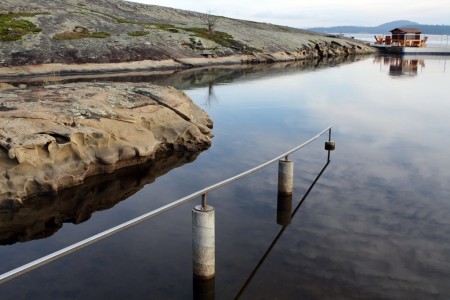Leaked Chinese documents claim that Canada and other developed nations have “connived” in a “conspiracy to divide the developing world.” It’s not surprising that China wants to be treated in the same way as extremely poor developing states, from whom no costly action is expected. At the same time, we just cannot afford to treat China and India like Mali or Guinea. The kind of climate future generations will live in is being affected strongly by choices made in Beijing and Delhi. That needs to be recognized – as does the need for India and China to accept emissions curbs.
This isn’t to say that India and China don’t have any claim to special treatment. Their per-capita and historical emissions are both low. That being said, the special treatment they receive cannot take a form that allows them to pursue the sort of high-carbon development track they have been. Unfair as it may be, they are going to need to develop primarily on the basis of low- and zero-carbon forms of energy (at the same time as developed states are aggressively cutting back on fossil fuel use) or we will get into a situation where it becomes very difficult to imagine how catastrophic climate change could not occur.
The great majority of the world’s emissions come from a dozen or so countries. Getting them on track towards carbon-neutrality is essential. That isn’t the case when it comes to small and very poor states who can be brought in line later without serious consequences. There is no need to be conspiratorial about it, but China and India really must be divided from the rest of the developing world.







